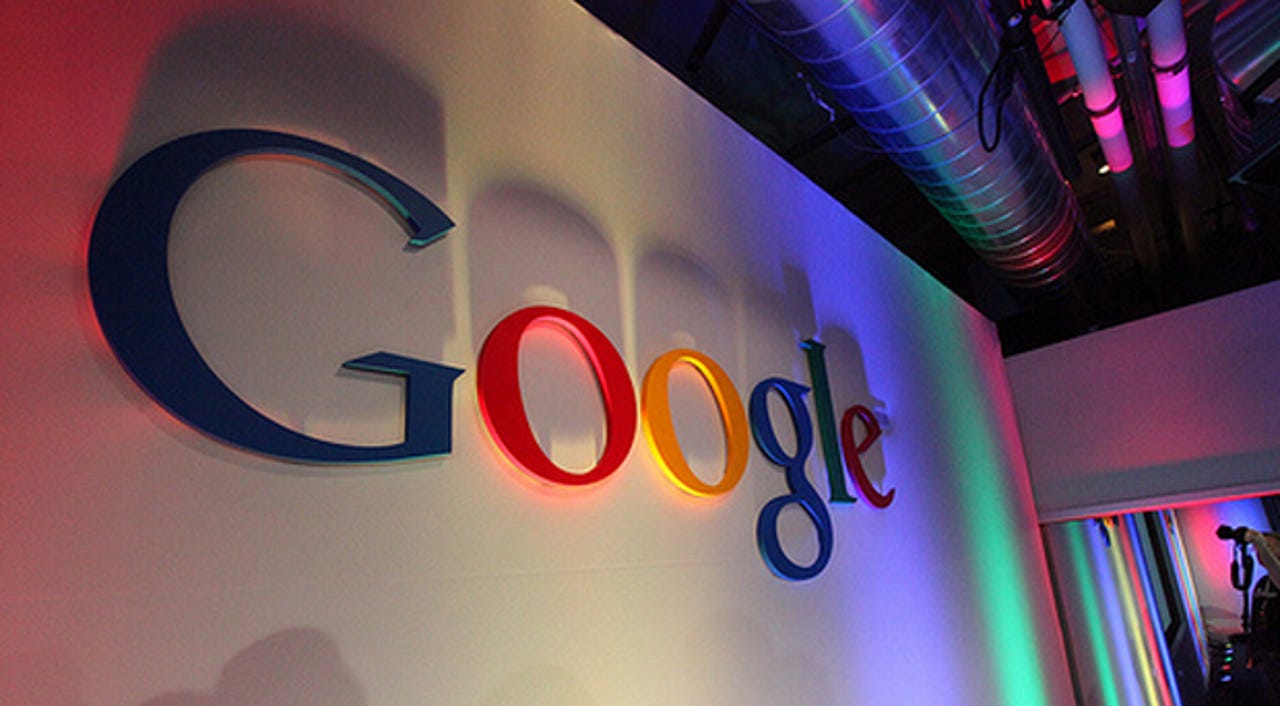EU may demand further Google antitrust concessions


European antitrust regulators could seek further concessions from Google that may delay its settling of anti-competitive charges in the region.
The search firm landed itself in hot water in late 2010 after rivals and competitors complained to the European executive body about Google allegedly infringing EU-wide antitrust law by abusing its dominance in the search market.
After being formally charged and Google laying out settlement proposals to avoid hefty fines in the region, those same complainants are knocking on the EU's door demanding more is done.
According to Reuters, EU Competition Commissioner Joaquin Almunia warned that Google may have to return to the drawing board to amend its settlement proposals.
"After, we will analyze the responses received, we will probably ask Google, 100 percent, you should improve your proposals," he told reporters in Brussels on Tuesday.
The European Commission asked rivals of Google in April if they were satisfied with the measures put forward by the search giant to remedy concerns raised about its business practices.
The proposals included notifying users which were Google's own services in its vertical services, such as price comparison and e-commerce products. Also, some complainants claimed that Google's advertising lock-in made it impossible to leave its ad-serving platform for rivals. The search giant said it would remove these clauses from its contracts for five years.
Calling the proposed measures "preposterous," the EU's reaction today is less than surprising.
Google's settlement with the EU could still go ahead, so long as the settlement terms are agreed upon.
Failing that, the search and mobile firm could still be fined up to 10 percent of its annual global revenue for infringing years — a figure that could amount to €2.9 billion ($3.8bn) based on the company's 2011 global revenue.